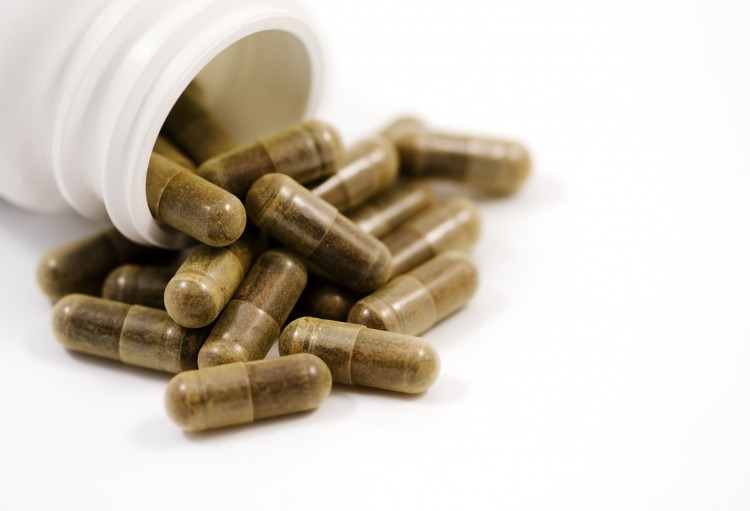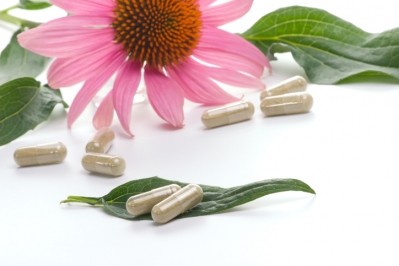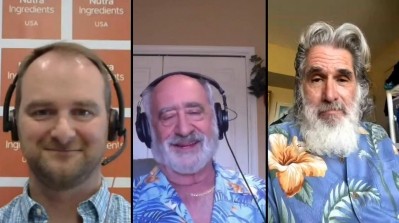‘Historic’: Adulterants Prevention Program releases ‘Burn it, don’t return it’ SOP

The SOP is an industry self-regulatory tool to assist responsible botanical industry companies in removing ingredients from the global supply chains if deemed to be an “irreparably defective article” (IDA) by scientifically valid analytical laboratory testing.
Commenting on the news, Loren Israelsen, president of the United Natural Products Alliance (UNPA), said: “BAPP, in consultation with a host of industry leaders and experts, has meticulously developed a best practices SOP to address irreparably defective articles. As this is a new term, it bears repeating. The BAPP Best Practices SOP for the Disposal/Destruction of Irreparably Defective Articles should become a part of every manufacturer's cGMP procedures.
“And while the title may be long, the goal is simple: Stop the resale of IDAs back into the stream of commerce,” added Israelsen.
“This is a first, and it is historic. Let us make the most of this tremendous effort to solve an important problem. Now it is up to responsible elements of the industry to adopt this SOP and to begin the important task of removing IDAs from commerce.”
Handling rejected material
The SOP is applicable to botanical/herbal ingredients and non-botanical ingredients — any ingredient that might be subject to accidental or intentional adulteration or accidental contamination, according to a release.
In some cases of adulteration or contamination, the ingredient can be lawfully remediated or reconditioned to a level of quality that is deemed acceptable by relevant federal regulations. However, in other cases, due to the type of adulteration and/or the extent of contamination, some materials cannot be adequately reconditioned, thus requiring its being considered irreparable.
In the US and many other countries, good manufacturing practices (GMPs) regulations require that ingredients must be tested for identity and purity — among other requirements — and, if they do not meet appropriate specifications, they generally cannot be released into manufacturing (for the production of consumer products).
However, GMPs do not include guidance regarding what the buyer should do with rejected material that does not qualify for reconditioning by either the buyer, the seller, or a third party. Such irreparably defective materials are the subject of this SOP.
When laboratory testing approved by both buyer and seller concludes that an ingredient is irreparably defective, the buyer (e.g., a dietary supplement, food, cosmetic, or OTC drug manufacturer) should not simply return it to the seller (e.g., an ingredient supplier). Instead, as detailed in the SOP, it must be destroyed to prevent its resale into commerce.
Notification of certified, lawful destruction shared between the parties is an essential part of this agreement; it evidences compliance with the objectives of this consumer protection initiative.
Mark Blumenthal, founder and executive director of the American Botanical Council and founder and director of BAPP, has previously referred to the SOP as, “Burn it, don’t return it”.
The new SOP also contains contract language templates for the seller and buyer; a three-way confidentiality agreement among the buyer, seller, and contract analytical laboratory; and frequently asked questions that arose during two public comment periods.
Wide adoption
Work on the SOP was announced in 2018 and underwent an extensive process of public comment that included recommendations from various industry stakeholders, food and drug law attorneys, analytical chemists, and other botanical, supplement, and regulatory experts.
“Because of the extensive input from a variety of expert industry stakeholders during its development, we expect this SOP to be widely adopted,” said Michael Levin of Health Business Strategies, and the primary consultant and principal author of the SOP.
BAPP
“Over the past 12 years, BAPP has published 75 extensively peer-reviewed documents that confirm the presence of adulterated, fraudulent ingredients (mis)labeled as herbal raw materials, extracts, and essential oils,” said ABC’s Blumenthal.
“These highly constructive BAPP publications are used by many responsible members of the herb industry, in the United States and internationally, to set appropriate quality specifications for their botanical ingredients.
“Now,” Blumenthal added, “BAPP has expanded its range of activity by providing responsible members of the food, supplement, cosmetic, and OTC drug industries with this SOP so that they can remove ingredients from the supply chain that should never have been offered for sale in the first place. Ultimately, this results in better quality products reaching consumers.”
The BAPP Best Practices SOP for the Disposal/Destruction of Irreparably Defective Articles will be formally introduced at an Expert Panel discussion at the SupplySide West trade show and conference in Las Vegas, Nevada, on Wednesday, November 2, from 2:00-3:30 pm.















